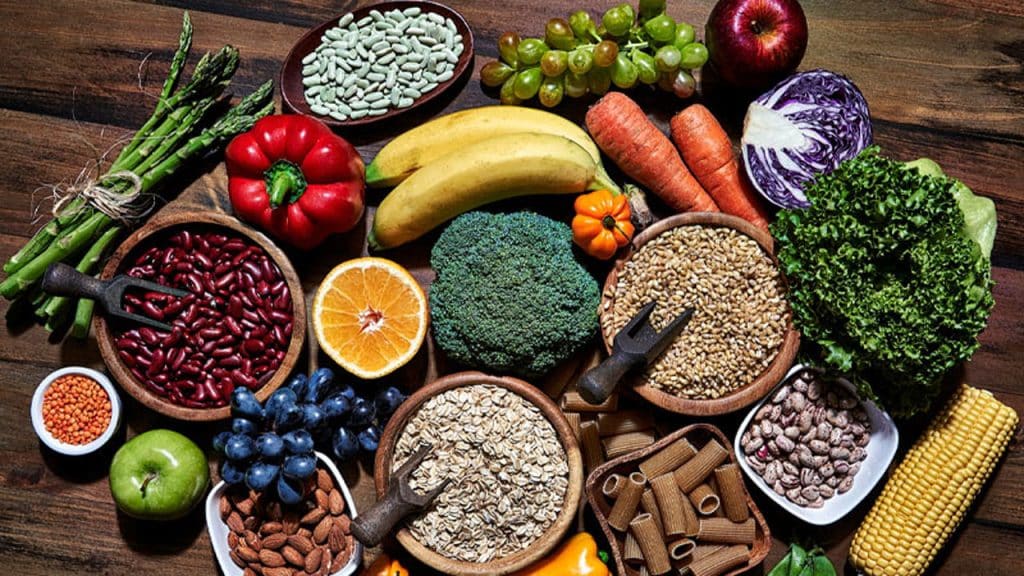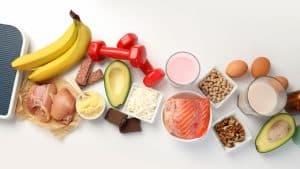Okay, so every piece of advice about increasing your longevity will likely throw in at least one line about diet and exercise. It’s generally understood that grand gestures mean nothing without these basics. Of course, diet and exercise can both be pretty broad categories. With so much conflicting advice out there, how can you find what’s best for you?
Well, while optimal diet will vary from person to person depending on their body type, occupation and a host of other factors, there are a few principles that research suggests are generally helpful (https://longevity.technology/lifestyle/what-diet-can-optimize-health-and-longevity/) and may make a good starting point.
These principles include focusing on complex carbs, particularly whole grains (like brown rice), over simple and highly processed sugars. These provide a more sustainable source of energy. Vegetables and fruits that are high in fiber, another type of extra complex carbohydrate, are good for the digestive system. Fruit and vegetables are also some of the best sources of the vitamins and minerals you need to stay functioning.
Then there’s protein. We need protein to build muscle, and it’s particularly important for adolescents as they go through puberty, athletes, and the increasingly frail elderly. Protein also helps us repair injuries. You need an adequate amount of protein for your age, but you must be careful when choosing a source.
Red meat is high in protein, but it’s also associated with increased cardiovascular problems and may even raise your risk of developing cancer. Fish is a much healthier protein source, especially oily fish that’s full of additional nutrients. With veganism becoming more popular, more research is also being done into plant proteins, such as those based on soy. Current studies suggest they may reduce cardiovascular risk and improve longevity.
You may also want to consider the benefits of fasting as part of your diet, sometimes just for 12 hours and sometimes for longer periods. This may encourage your body to burn through more fat, in addition to alleviating some of the impact of aging on your cells. We still don’t understand the mechanisms of fasting, but early results are promising.
A longevity diet involves choosing what you eat, when you eat and how much you eat carefully, but differences between individuals may influence what is appropriate for you. Always check with a doctor before making dietary changes.




